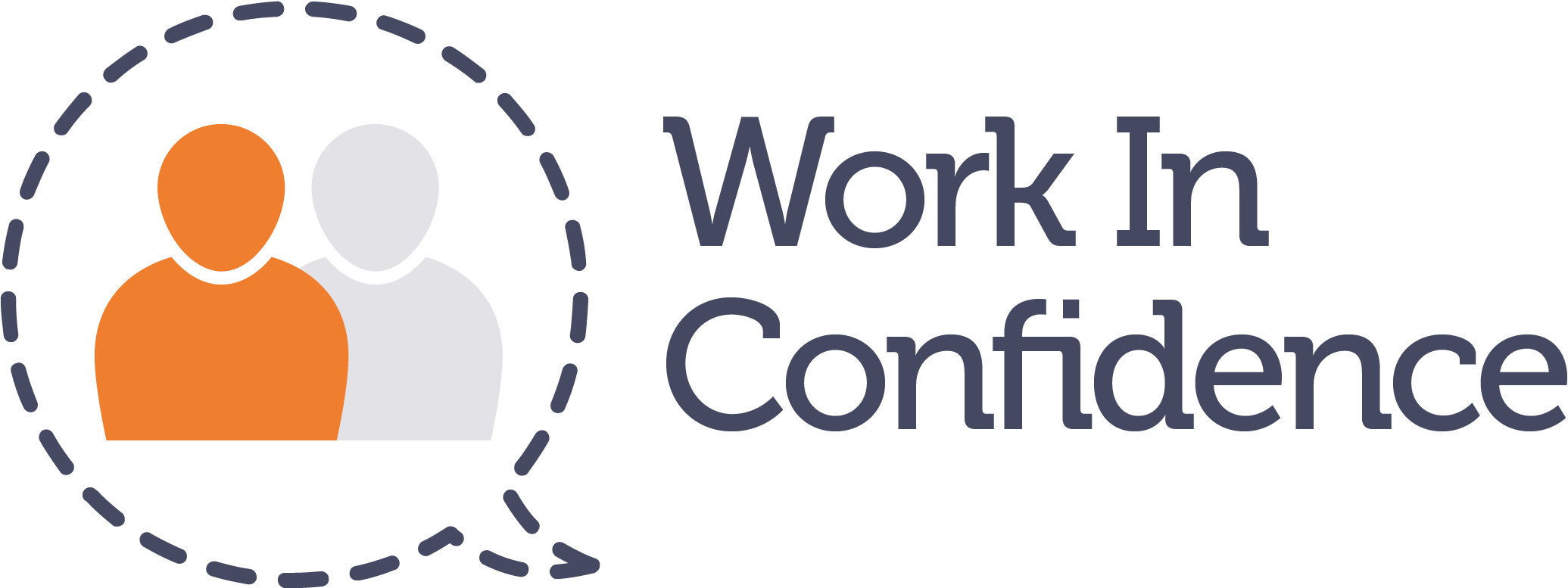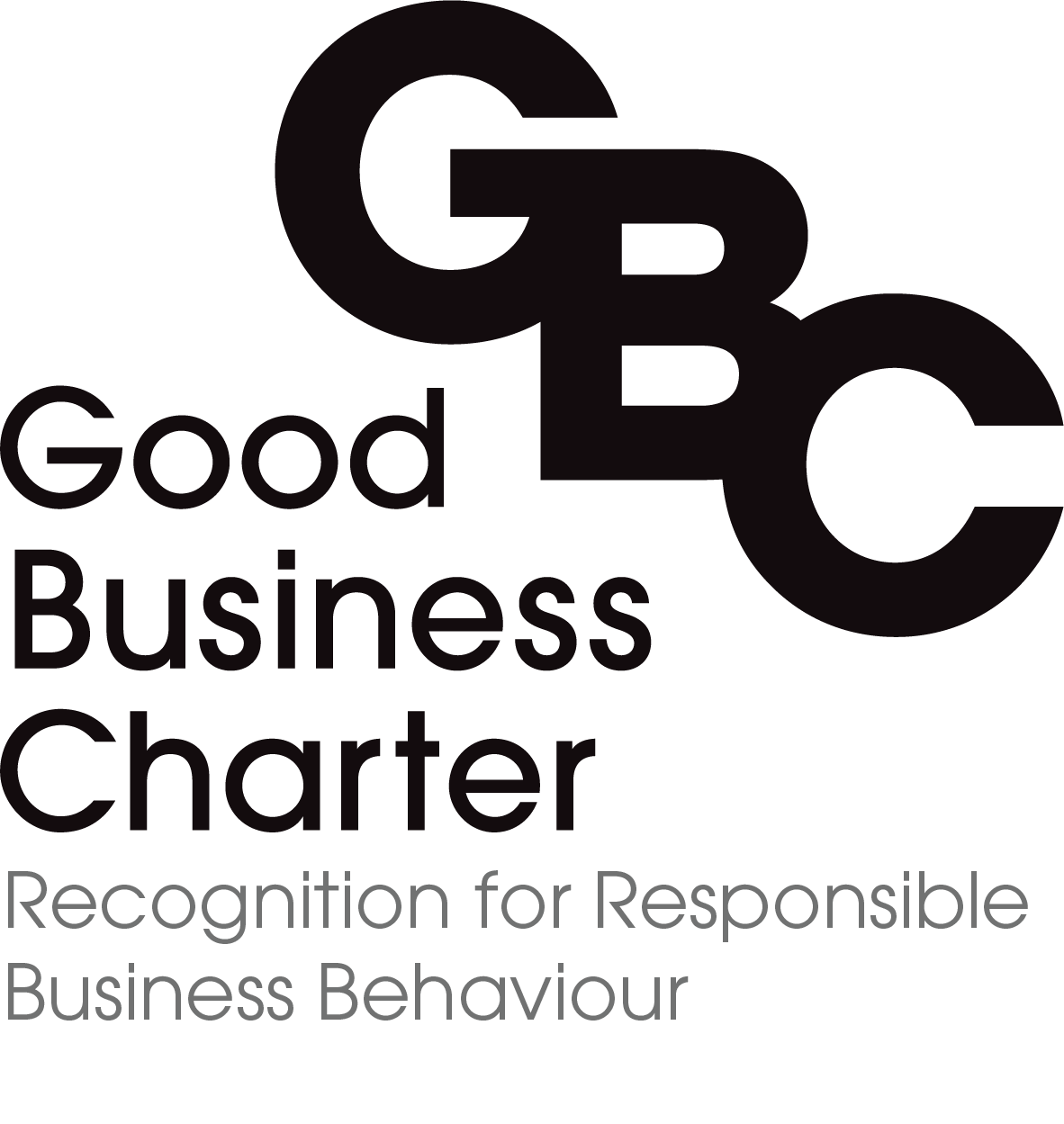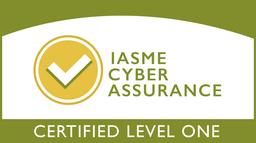
Written by: David Warren, WorkInConfidence
Psychological phenomenon knows as the Bystander Effect
In 1964, the tragic case of Kitty Genovese, who was attacked while numerous witnesses reportedly did nothing, brought attention to a psychological phenomenon known as the Bystander Effect. This effect suggests that individuals are less likely to offer help in an emergency when others are present, often due to a diffusion of responsibility.
Research indicates that the Bystander Effect can be even more pronounced in homogeneous groups—settings where individuals share similar characteristics or professional roles. For instance, within the NHS, a team of nurses might witness unprofessional behaviour but hesitate to intervene, each assuming someone else will step forward. This hesitation can stem from a desire to conform to group norms or fear of disrupting team cohesion.
Cost of the Bystander Effect to organisations
The Media has recently highlighted very serious cases of misconduct across Health Care, Armed Forces, BBC, a host of Commercial Companies, even Sports Bodies and the Church, so it’s likely happening to some extent in your organisation too, it just not being raised.
The consequences of the Bystander Effect within an organisation can be severe, affecting cultural, financial, and reputational aspects:
- Cultural Impact: When employees hesitate to speak up about unethical behaviour, misconduct, or workplace concerns, it fosters a culture of silence. Over time, this can lead to decreased morale, increased stress, and a lack of trust in leadership. Employees may feel disengaged or powerless, which can reduce overall workplace satisfaction and productivity.
- Financial Impact: Unchecked issues—such as workplace harassment, bullying, or safety violations—can escalate into significant legal and financial liabilities. Organisations that fail to address these problems may face costly lawsuits, compensation claims, or high turnover rates, all of which impact the bottom line. Moreover, productivity declines when employees work in environments where concerns are ignored.
- Reputational Impact: In the age of social media and digital communication, reputational damage can happen quickly. If employees or external stakeholders perceive an organisation as one that tolerates misconduct or fails to address concerns, trust can erode rapidly. Negative publicity, bad press, or whistleblowing scandals can tarnish an organisation’s credibility, making it harder to attract and retain top talent, customers, and investors.
To counteract this effect, it’s essential to foster an environment where speaking up is encouraged and facilitated. Implementing anonymous reporting mechanisms can empower employees to voice concerns without fear of retribution.
Solutions for your organisation
WorkInConfidence, offer two-way anonymous reporting tools designed to help organisations build a culture of openness and trust. By providing a safe platform for employees to share their observations, organisations can address issues promptly and maintain a healthy workplace environment.
Understanding and addressing the Bystander Effect is crucial for any organisation aiming to enhance employee engagement and well-being. To learn more about how our two-way anonymous reporting solutions and case management tools can support your organisation to empower employee voice and give you valuable insights into your organisational culture, visit our website or get in touch with me for a chat.
A safe and secure two-way anonymous channel for your people to raise concerns via phone, tablet, or PC, ensuring you are aware of any workplace issues and can respond quickly and accordingly
Easily set up, run and interpret surveys on engagement, respect, wellness or other topics to ensure you always understand your people, their needs and motivations.
A secure phone line with a dedicated Speak Up Guardian for your employees to raise concerns with. We also provide training in Freedom to Speak Up, Speaking up and safeguarding processes.




